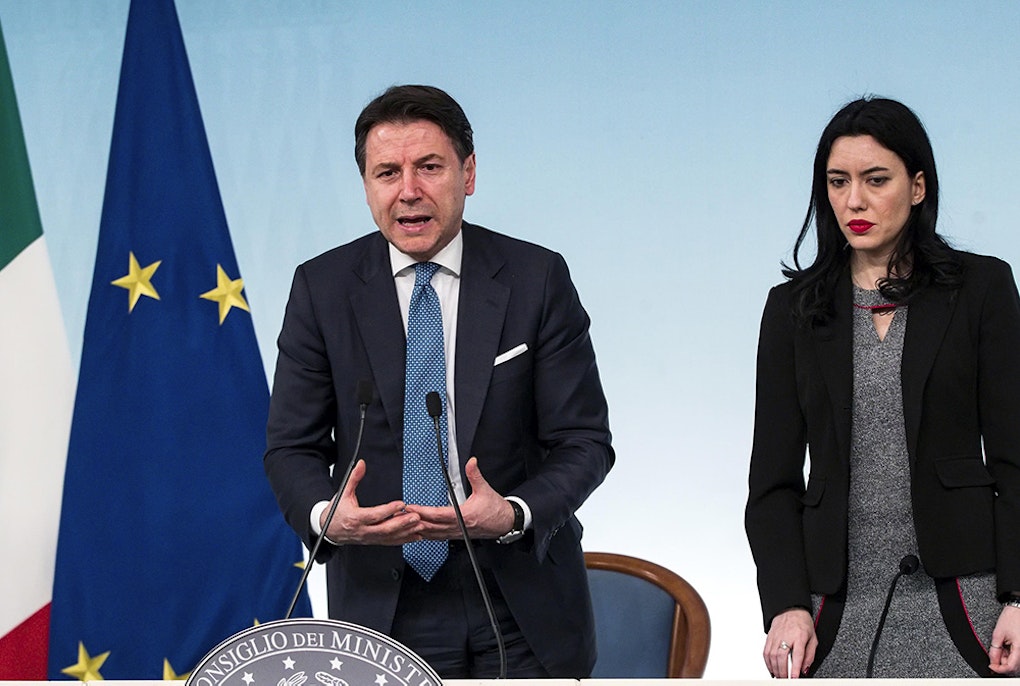
Schwächt Covid-19 Italiens Regionen? Die Frage ist, ob die krisenbedingte Zentralisierung sich verfestigt.
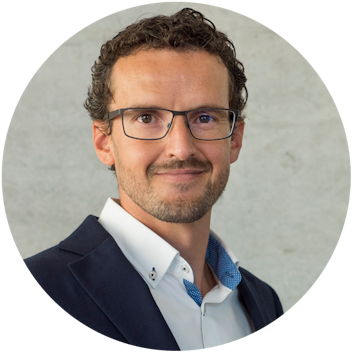 Karl Peter Kössler
Karl Peter Kössler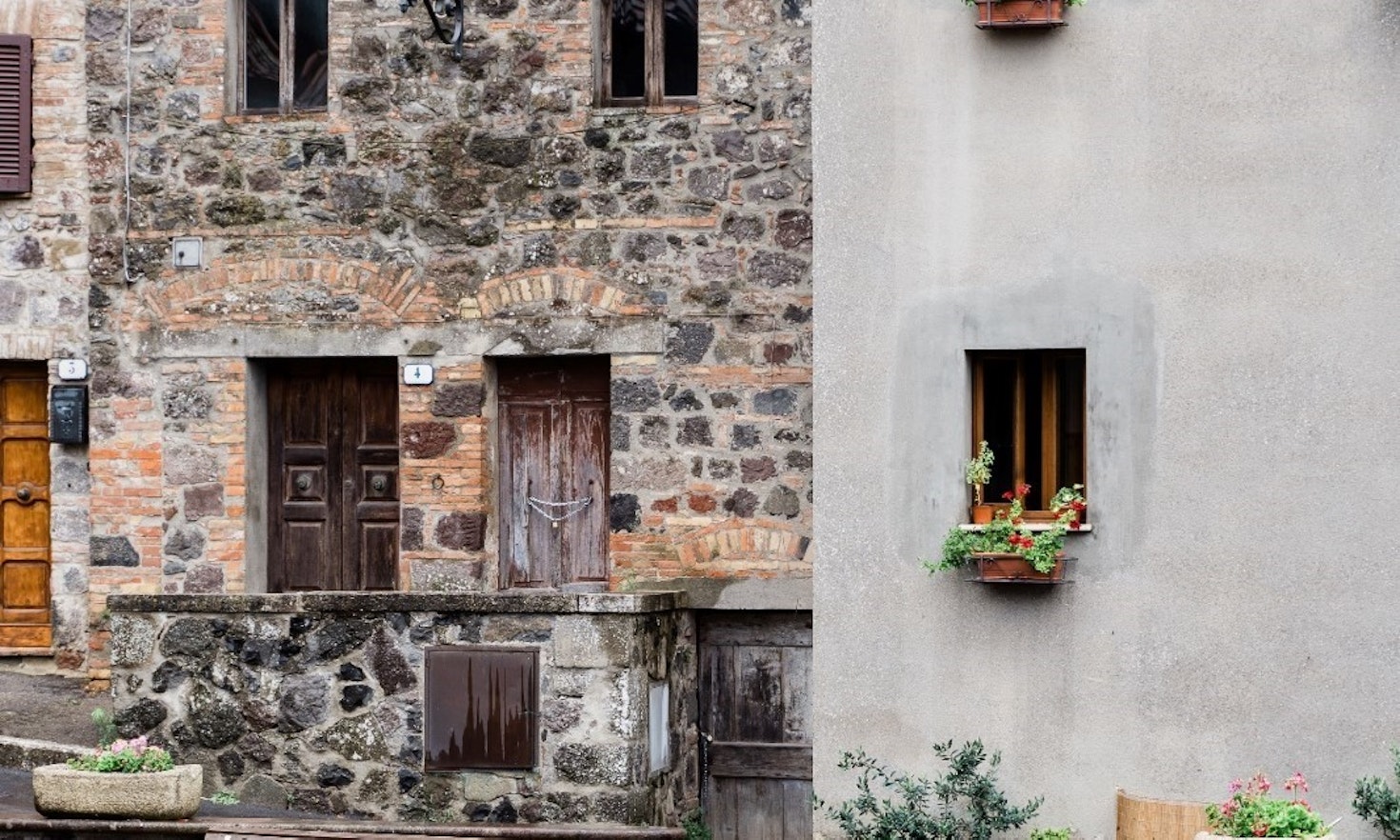
Talking to environmental economist Giulia Chersoni on holistic energy systems and how there really is no place like home.
Giulia: I was in Turin for my Master's in Environmental Economics and after my master's thesis, I applied for a PhD in conjunction with Eurac Research and won the scholarship. So, I spent the first year and a half in Turin due to PhD courses. But then, in February 2019, I finally moved to Bolzano. I also started to study energy systems and how to apply my background to the Institute of Renewable Energy’s core research working in the group of Urban and Regional Energy Systems. The underlying motive of our group at the institute is working in an interdisciplinary manner, we all have different backgrounds. I'm an economist who’s working with sociologists, engineers, urban planners and although it can sometimes be more difficult from a research perspective, it’s also much more interesting. You get a different point of view and perspective to study the same problem.
Giulia: The point of my PhD and the work that I'm doing into Eurac Research is to understand what moves households, and human behaviour to invest in energy efficiency measures. There are policies that try to increase the level of energy efficiency in our homes, but at the same time, you have to take into account that people behave and react differently to these policies based on their characteristics and their expectations. The point of my work at Eurac Research, was to merge these different perspectives. I'm an economist and alongside a behavioral economist colleague of mine, we examined the human decision-making process when acting in certain ways, specifically how decisions are made to invest in retrofit measures. I have experience with an approach called agent-based modelling - my perspective was try to link the different factors that affect our investment choices ; our incomes, how much money we can spend for energy efficiency improvements, while at the same time investigating the fact that we fit into social systems and are influenced by the behaviour of the others. I had to merge these two perspectives. We are different in many ways, but we also interact with the others. And both are equally important when it comes to investment choices.
my perspective was try to link the different factors that affect our investment choices ; our incomes, how much money we can spend for energy efficiency improvements, while at the same time investigating the fact that we fit into social systems and are influenced by the behaviour of the others.
Giulia: Along with three other colleagues -Jessica Balest, Silvia Tomasi, and Grazia Giacovelli, we investigated the effect of the lockdown on household energy behaviour, basically how people reacted and how habits regarding energy consumption and energy use changed in their homes. We developed a survey which was not just to analyse how energy habits changed but which activities stopped or began during the lockdown, and how time dedicated to them changed - cooking or showering or cleaning or watching TV, all the types of behaviour which require electricity or thermal energy use. As well as this, we examined the effects of the first lockdown on those that are more vulnerable to energy poverty. These are the people that don’t have the possibility to warm their homes sufficiently during winter or to cool them during summer. And so of course being stuck in home for three long months could have affected them more than others. Our aim was to understand living spaces - information on the house, the cohabitation scenarios and income variability. If you feel that your home is energy efficient you feel comfortable, it’s good for wellbeing. And what are the characteristics of people that are more vulnerable, the ones that the pandemic crisis affected, the people who lost their work or had to work from home. At the same time, you need a connection, or you need a PC. Working from home, studying from home, sharing internet connections, having kids at home – all these things help to understand how people’s energy habits changed during the lockdown, especially the most vulnerable who were constrained to increase energy needs related to cooking or heating their living spaces.
Giulia: In Italy there's also a cultural context that affects the way in we do things - we found that a lot of people started cooking loads more because they were spending a lot of time at home - that's a cultural part of our identity. Me too. I started doing things I'd never done before – bread, pizza – if the flour was available in the supermarkets! And so yeah, people started spending much more time cooking. From the energy poverty perspective, we thought that people that lost their jobs might have more difficulties in the future to pay their energy bills and to warm their homes – which was indeed the case. We also found that even the people who didn’t have problems paying their electricity bills before the pandemic, felt that, due to the economic downturns that the lockdown brought about, they might be more vulnerable to energy poverty in the future. Another interesting part of the results were related to trust within our living environments, whether we live with parents or partners, friends…the type of people you live with will influence your behaviour concerning energy. For example if you live with energy conscious people – who say "Hey, switch off the light when you're leaving a room," it's more likely that you will end up switching off the light of your room, because there's a kind of social trust, not only within the group you're living in, but also with your neighborhood. Even though interaction was low in the Lockdown, we’re still influenced by the others and if we live in a trusted environment, we’re more likely to share good habits. Even if you cannot afford a lot yet you live in a house that is well thermally insulated, you can reduce your energy bills and still gain in terms of comfort. The point is that policies that try to help with financial aid should target those in difficulty – if we can identify these people and direct our energy interventions, it’s a circular thing that will benefit everybody in the long run. At the moment, national incentives are limited in terms of time and in terms of amount, so it's important to source the target: those that are more in need.
Giulia: The project leader was Jessica Balest, a sociologist and a senior researcher at Eurac Research. She's a sociologist and mainly works on energy habits and how they change. She came up with the questions to understand how our energy habits changed during the lockdown. Then there was Grazia Giacovelli a PhD student in sociology - she looked at the trust part. How relationships within the household and neighbourhoods themselves help and encourage sustainable attitudes to energy use. Silvia Tomasi environmental economist and PhD candidate at Unibz, analysed how efficient our houses are in terms of renewable energy sources and how many and what kind of appliances we own, from this analysis she went deeper, by evaluating the percentage of prosumers – the consumers that produce energy for their own use. She linked an increase in energy consumption to the number of appliances in our houses and to the changes in our habits. The underlying reasoning was that during the pandemic, a lot of economic activities stopped so the overall level of our energy consumption decreased, but given that we were stuck in our houses, we used more energy at home. And as I said at the beginning, I looked more at the energy poverty part. First, how to recognise those that are energy poor, who those people are and why they are more vulnerable in respect to the others. Basically, setting parameters for their characteristics.
The point is that policies that try to help with financial aid should target those in difficulty – if we can identify these people and direct our energy interventions, it’s a circular thing that will benefit everybody in the long run. At the moment, national incentives are limited in terms of time and in terms of amount, so it's important to source the target: those that are more in need.
Giulia: The economics field is a male centered environment and what surprised me when I first came to Eurac Research was that in our group, there’s more women than men - of course there's also a lot of incentivising from the academic field to be more equal in that sense. Female economists aren't normally seen in as important positions as their male counterparts and are fewer in terms of numbers. However, something is changing, in both gender equality at the global level and the field of economics and, at Eurac, you really feel there's no judgment based on your gender. We talk about gender equality in the report, investigating whether changes in energy use behaviour were equal between gender. And compared energy poverty between men and women. And starting from the beginning, more women decided to cook more – this could be related to the kind of cultural setting, the existing mentality. I think also this is starting to change a little bit. In my own family, my brother who’s younger than me, is really good at cooking, and, is the one that normally does it when we’re together with our parents. So, I mean, the differentiation of the things women and men normally do is changing. But it’s going to take time and we're going to have to push a little bit in that direction to really see the results.
Giulia: The whole thing is really big - it's so important to understand that we have to change the way we are living because of the problems we're facing due to climate change. It’s a global challenge which affects us all, it's not just a matter of policies, but also how policies interact . We need to look at policies and incentives and how by properly understanding our new habits we can inform policy.
Giulia: That's my hope. And I would say that maybe at the beginning of the pandemic crisis, I was more hopeful on the changes that we could make and that this situation could bring about. After a year now though, not much has happened – maybe I was naïve – we still have to see what will bring about that change. Now the recovery plan has been set, we have to look what’s inside it, what's the long-term perspective to change our economic system, our society and make it sustainable. We need to look at it from all the perspectives and not just as a matter of money, but one of physical and mental wellbeing. We must couple our economic and social needs with the means and knowhow – which we have - to tackle the climate crisis.
Giulia Chersoni is a PhD candidate at the University of Turin and Eurac Research, Institute of Renewable Energy working in the Urban and Regional Studies team with a background in environmental economics. Addressing new ways to view our economic system as one not driven purely by profit and money, but as a more holistic system where the environment and its protection are part of its development and sustainability are the driving factors in her research. The core of her PhD project focuses on new methodologies that could inform policymakers on how to design effective policies, considering not only the economic incentives but also the behavioral and social dimensions in which the policy itself unfolds and exerts its effects. Utilising the complexity economics field and using the agent-based modeling approach as a tool, Giulia and her team strive to confront the challenges of energy poverty and the cultivation of sustainable energy habits.
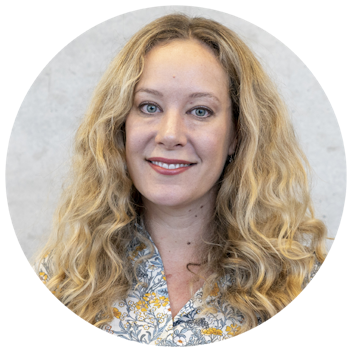
This content is licensed under a Creative Commons Attribution 4.0 International license.

 Karl Peter Kössler
Karl Peter Kössler
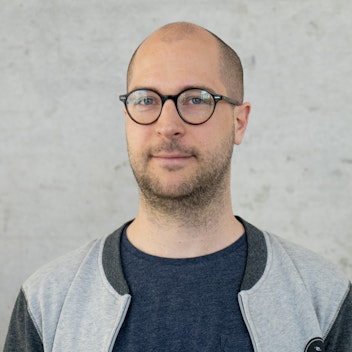 Andreas Dibiasi
Andreas Dibiasi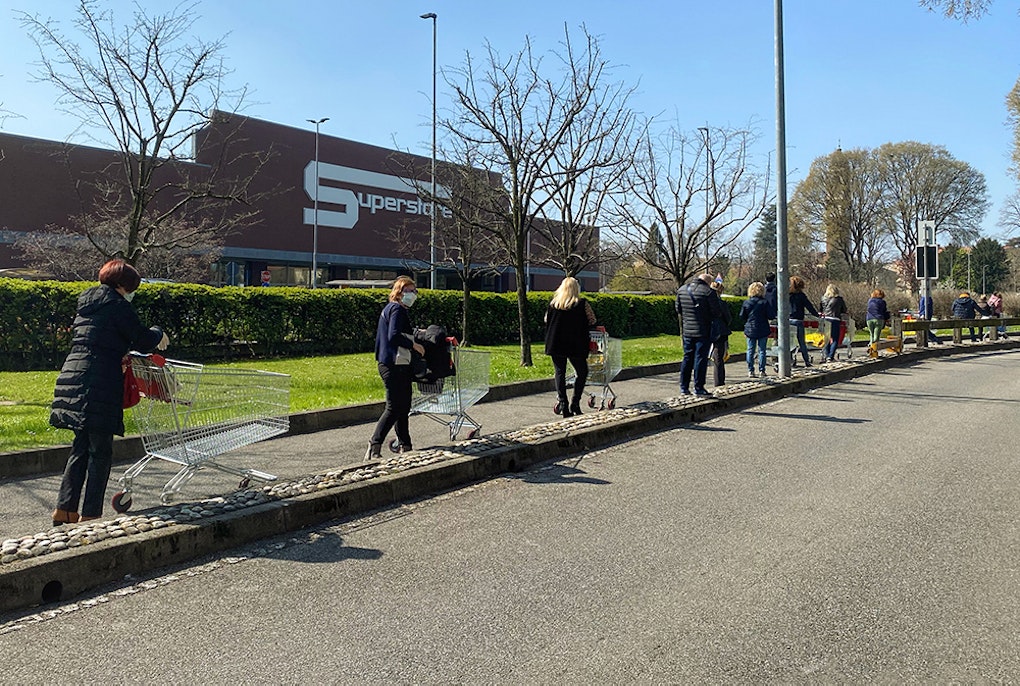
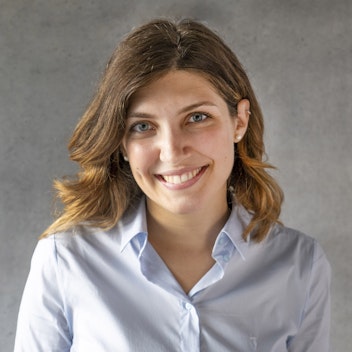 Valeria Ferraretto
Valeria Ferraretto